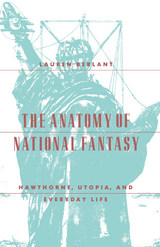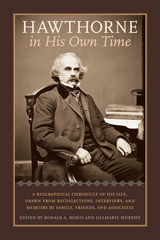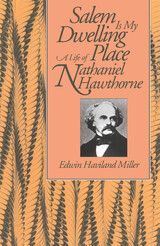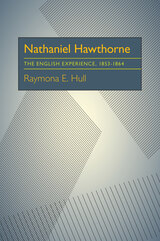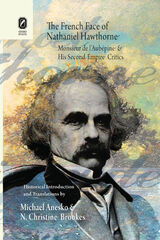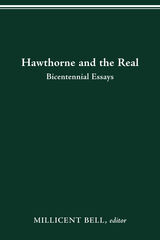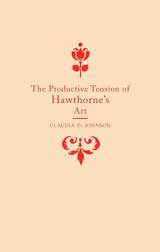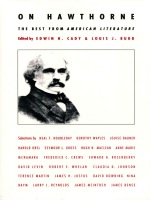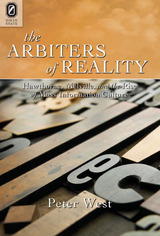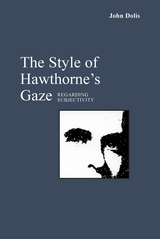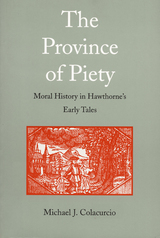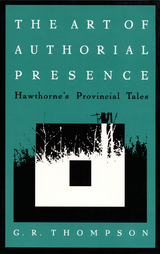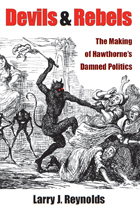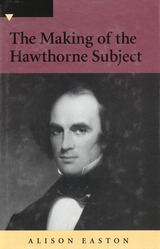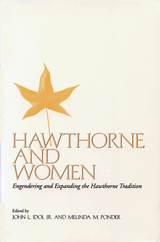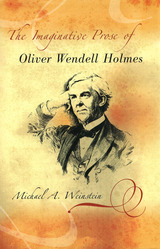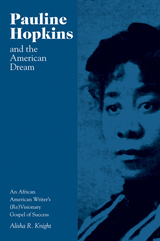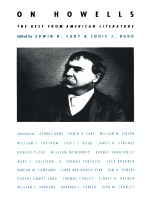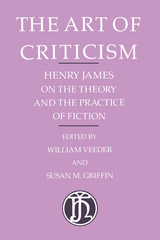The Province of Piety: Moral History in Hawthorne's Early Tales
Duke University Press, 1995
Paper: 978-0-8223-1572-8
Library of Congress Classification PS1892.H5C6 1995
Dewey Decimal Classification 813.3
Paper: 978-0-8223-1572-8
Library of Congress Classification PS1892.H5C6 1995
Dewey Decimal Classification 813.3
ABOUT THIS BOOK | AUTHOR BIOGRAPHY | REVIEWS
ABOUT THIS BOOK
In this celebrated analysis of Nathaniel Hawthorne, Michael J. Colacurcio presents a view of the author as America’s first significant intellectual historian. Colacurcio shows that Hawthorne’s fiction responds to a wide range of sermons, pamphlets, and religious tracts and debates—a variety of moral discourses at large in the world of provincial New England.
Informed by comprehensive historical research, the author shows that Hawthorne was steeped in New England historiography, particularly the sermon literature of the seventeenth century. But, as Colacurcio shows, Hawthorne did not merely borrow from the historical texts he deliberately studied; rather, he is best understood as having written history. In The Province of Piety, originally published in 1984 (Harvard University Press), Hawthorne is seen as a moral historian working with fictional narratives—a writer brilliantly involved in examining the moral and political effects of Puritanism in America and recreating the emotional and cultural contexts in which earlier Americans had lived.
Informed by comprehensive historical research, the author shows that Hawthorne was steeped in New England historiography, particularly the sermon literature of the seventeenth century. But, as Colacurcio shows, Hawthorne did not merely borrow from the historical texts he deliberately studied; rather, he is best understood as having written history. In The Province of Piety, originally published in 1984 (Harvard University Press), Hawthorne is seen as a moral historian working with fictional narratives—a writer brilliantly involved in examining the moral and political effects of Puritanism in America and recreating the emotional and cultural contexts in which earlier Americans had lived.
See other books on: 1804-1864 | Ethics in literature | Hawthorne, Nathaniel | Historical fiction, American | Piety
See other titles from Duke University Press

